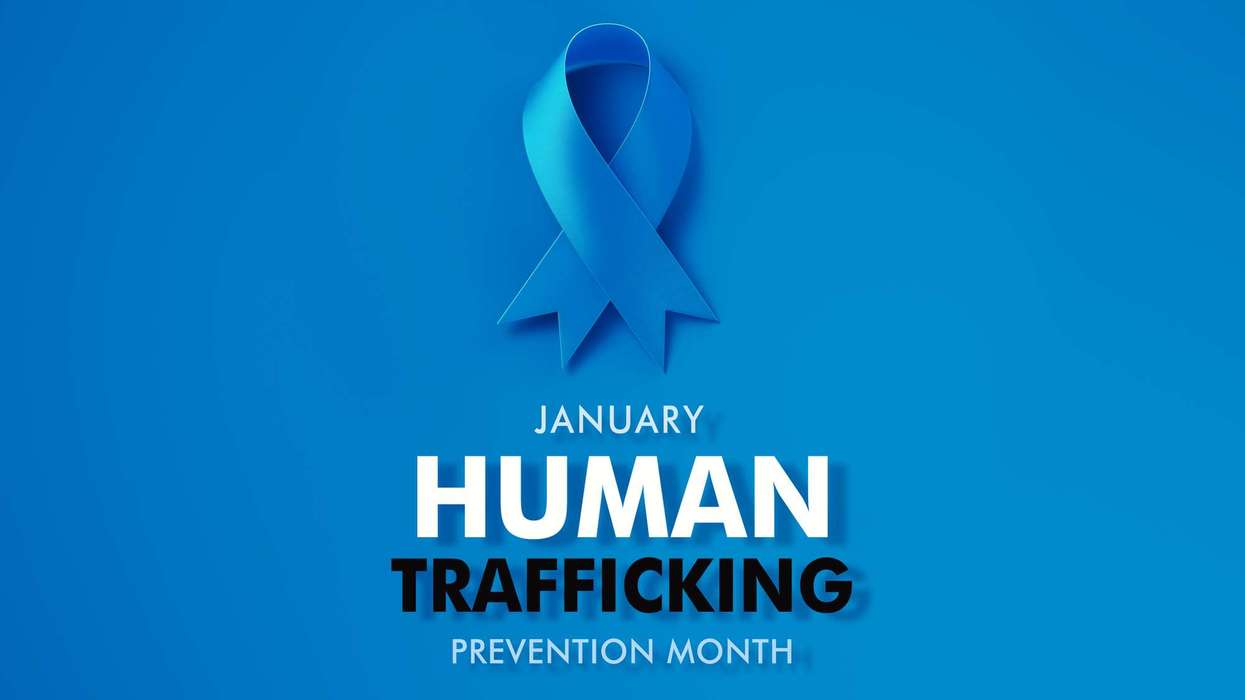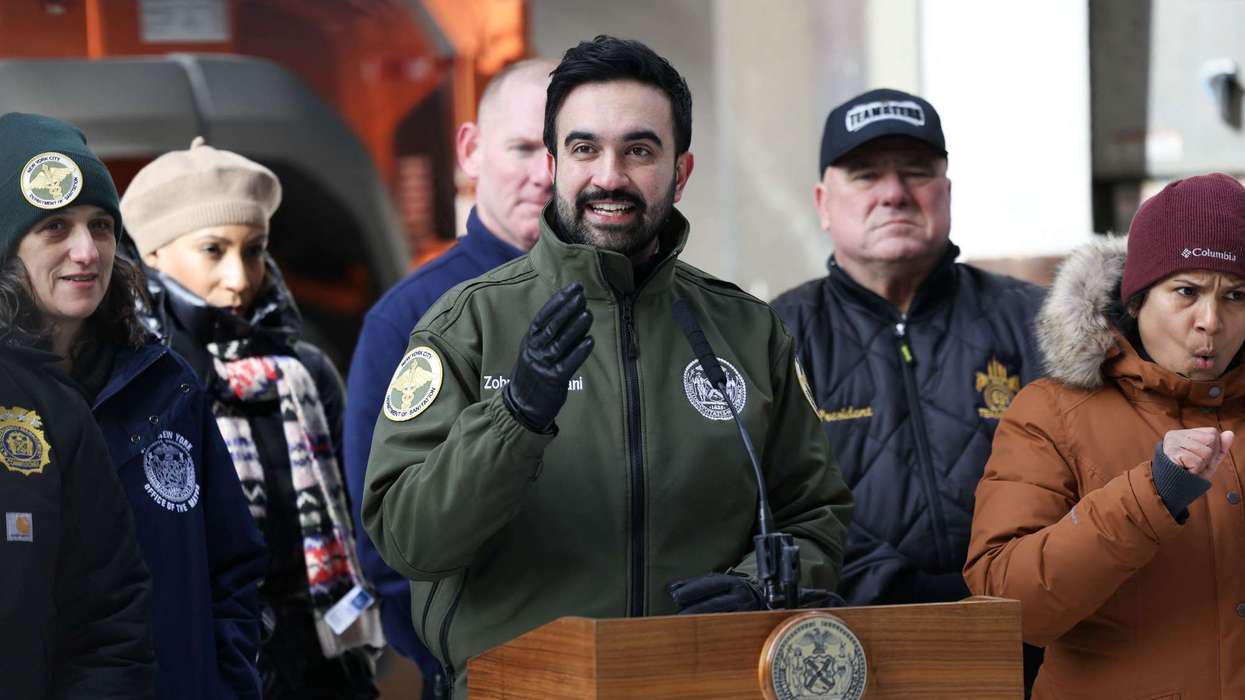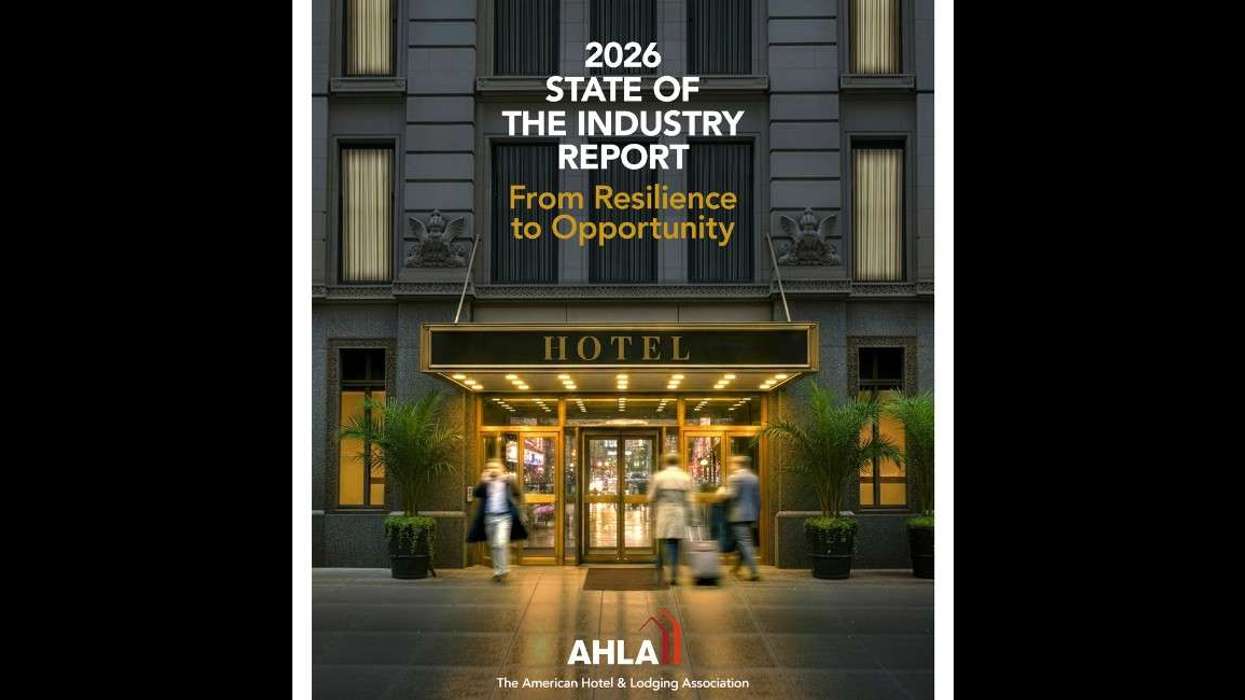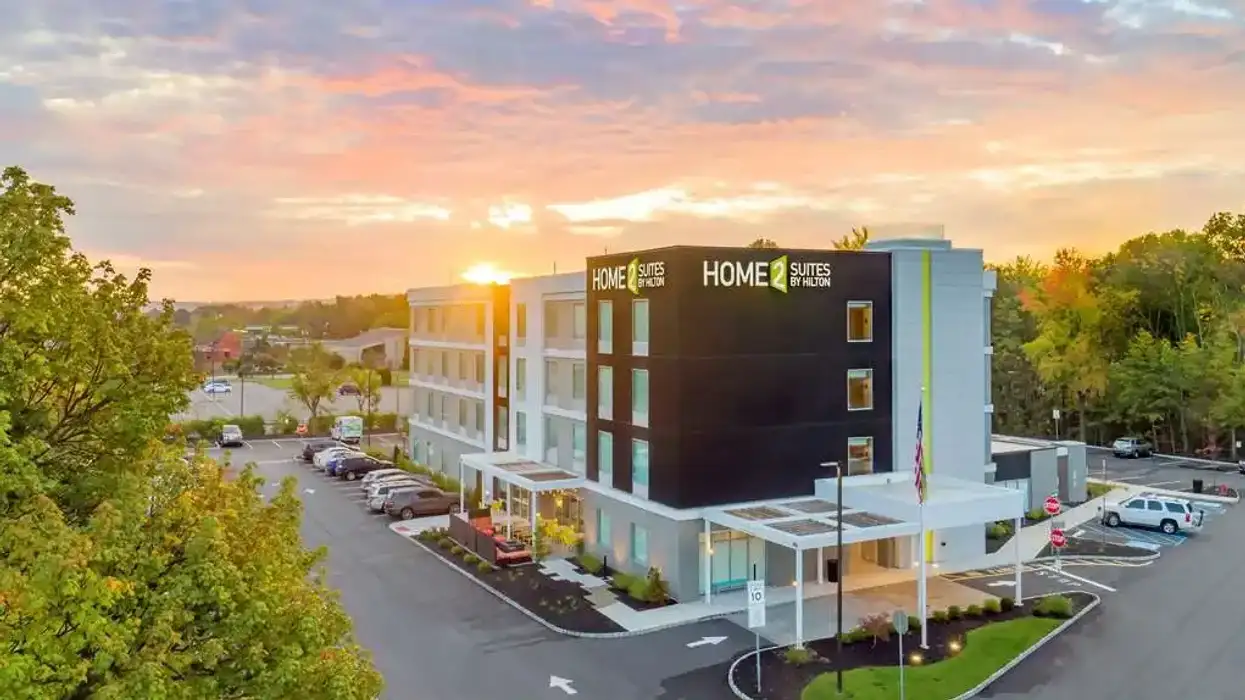MORE THAN 80 percent of hotels are currently facing staffing shortages, according to a recent survey of hoteliers conducted by American Hotel & Lodging Association. This is leading hoteliers to offer various incentives in order to attract potential hires.
The survey found that 82 percent of survey respondents indicate they are experiencing a staffing shortage, 26 percent severely so ― meaning the shortage is impacting the hotel’s ability to operate. The most critical staffing need is housekeeping, with 40 percent ranking it as their top hiring need.
To compensate, 75 percent of respondents are raising wages, 64 percent are providing increased flexibility in terms of working hours, and 36 percent are expanding employee benefits. However, despite these efforts, 87 percent of hoteliers are still unable to fill their open positions.
Chip Rogers, AHLA president and CEO acknowledges the significant career prospects in the lodging industry.
“The need for workers throughout the lodging industry continues to drive historic career opportunities for hotel employees, who are enjoying record wages and better benefits and flexibility than ever before,” said Rogers. “That’s why AHLA and the AHLA Foundation remain focused on growing the industry’s talent pipeline through workforce recruitment and retention initiatives like the Foundation’s Empowering Youth and Registered Apprenticeship programs.”
Among the survey participants, 82 percent indicate that they are currently grappling with a staffing shortage, with 26 percent experiencing a severe impact on their hotel's operations. Housekeeping is the most critical area of need is housekeeping with 40 percent of respondents ranking it as their top hiring priority, the study said.
These numbers have increased slightly from January, when 79 percent of survey respondents indicated they were experiencing a staffing shortage.
“The figures have improved since May of 2022, however, when 97 percent of survey respondents indicated they were experiencing a staffing shortage, 49 percent severely so,” AHLA said.
In the latest survey, respondents are struggling to fill nearly nine positions per property on average, which is an increase from the seven positions reported in January. However, it is still lower than the 12 vacancies per property recorded in May 2022.
The AHLA conducted its Front Desk Feedback survey by interviewing 474 hoteliers between May 3 and May 9.
Challenges turn opportunities
According to AHLA survey, from a contrasting perspective, the current staffing challenges in the hotel industry present unprecedented career opportunities for hotel employees.
“Across the nation, there are currently over 100,000 open hotel jobs, providing a wide range of prospects for individuals seeking employment. Moreover, as of April, the national average hotel wages have reached an all-time high, surpassing $23 per hour,” the survey said.
Following the pandemic, average hotel wages have been rising at a faster pace compared to average wages in the general economy. Besides, “hotel employees are benefiting from improved perks and increased flexibility in their work arrangements.”
According to the Bureau of Labor Statistics, as of April, the United States had nearly 10.1 million job openings while only having 5.7 million unemployed individuals available to fill those positions. This highlights the urgent need to bridge the workforce gap, AHLA said.
Key proposals
The AHLA proposes that Congress can play a vital role in assisting hoteliers in addressing workforce shortages by undertaking the following measures including expanding the legal H-2B guest worker program, and co-sponsoring and passing the Asylum Seeker Work Authorization Act.
“There is still more to be done,” Rogers said. “We need Congress to help address workforce shortages with bipartisan solutions, including those that create opportunities for more immigrants to enter the American economy.”
According to AHLA, expand the legal H-2B guest worker program by including an H-2B Returning Worker Exemption in the Fiscal Year 2024 Department of Homeland Security appropriations bill. “The H-2B program is vital to helping independent hotels and resorts in remote vacation destinations fill seasonal roles, but the program is capped at 66,000 visas each year.”
AHLA urged Congress to modify the H-2B non-immigrant visa program by exempting returning workers from the inadequate 66,000 annual visa cap. “These employees would provide critical staffing relief for seasonal small business hotels and help to rebuild the post-pandemic economy.”
Currently, the H-2B program is crucial for independent hotels and resorts in remote vacation destinations to fill seasonal positions. However, the program's annual visa cap is limited to 66,000 visas. The AHLA urges Congress to modify the H-2B non-immigrant visa program by exempting returning workers from the existing visa cap. By doing so, the association said, these employees can provide essential staffing relief for seasonal small business hotels and contribute to the post-pandemic economic recovery.
Similarly, co-sponsoring and passing the Asylum Seeker Work Authorization Act would allow in a considerable number of asylum seekers who are currently housed in hotels throughout the U.S. awaiting court proceedings and following legal procedures, AHLA said.
Meanwhile, AHLA members and leaders organized a two-day fly-in event, ‘Hotels on the Hill’, at Capitol Hill in Washington D.C. from May 15-17, lobbying Congress for favorable policies aimed at bolstering the hotel workforce. Over 200 hoteliers from 30-plus states participated in the event, conducting more than 100 meetings with various House and Senate offices, including leadership representatives.






